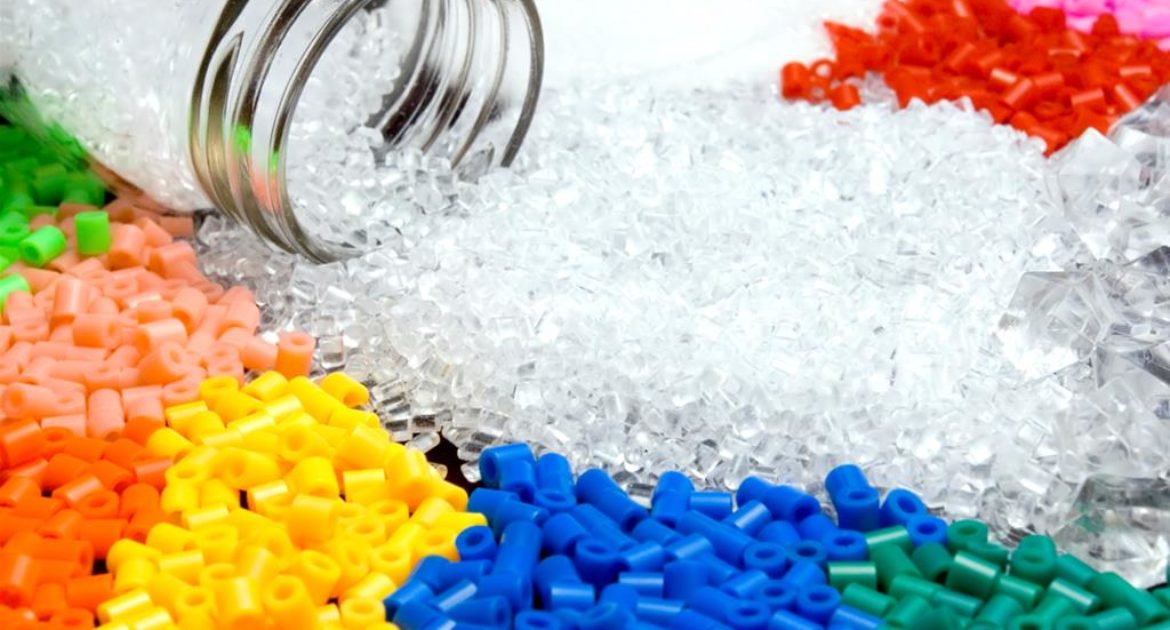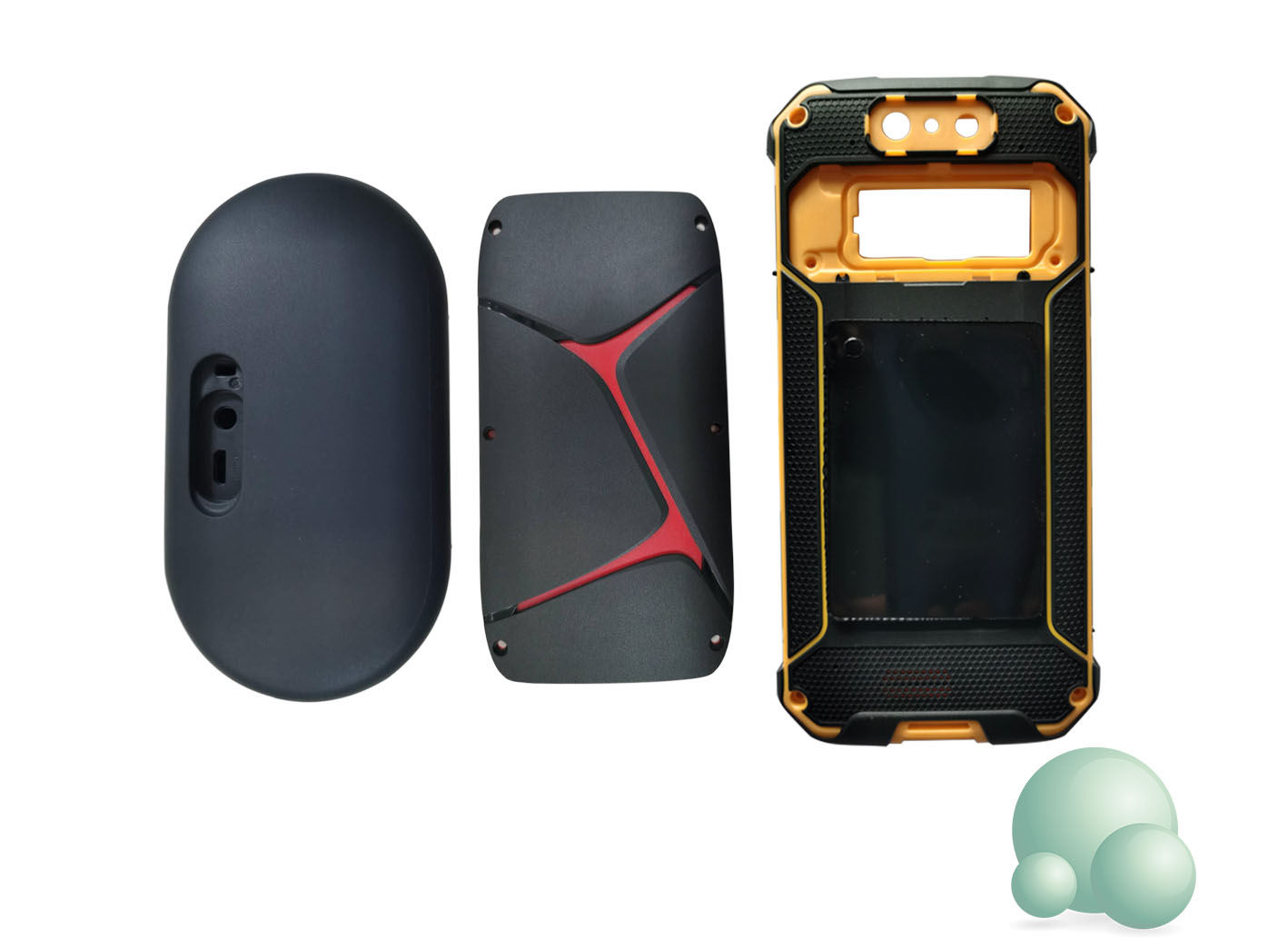TPU is a thermoplastic polyurethane elastomer. It is a polymeric reactant of diisocyanate, chain extender and macromolecular diol. It is with high modulus, high tear strength, high elongation and high elasticity, excellent wear resistance and oil resistance, low temperature resistance, aging resistance. It can be widely used in shoes, films, adhesives, pipes, wires and cables, automotive parts and other fields.

TPU has the characteristics of elasticity, transparency, grease resistance, and abrasion resistance. It is also a green and environmentally friendly material. It is an efficient substitute for traditional plastics and other raw materials. TPU modification is the development tendency.
TPU compound with polymer materials such as TPE, ABS, POM, PC, PVC, etc., can obtain polymer alloys with improved elasticity, wear resistance, and impact resistance; meanwhile, Additive like flame retardant, antistatic agent, conductive agent grant TPU material flame retardant, antistatic, conductive and other special properties.
TPU compound with PVC. As a plasticizer for PVC, TPU can greatly reduce the brittle temperature of PVC to achieve low temperature resistance. characteristics of PVC can also solves the water resistance and weather resistance of TPU. TPU and PVC compound material features with excellent oil resistance, heat resistance, abrasion resistance and transparency, and can be colored freely.
POM tends to form larger spherulites in the process of melt blending which resulting in low notch strength. TPU can reduce the crystal size of POM to a certain extent and also decrease the crystallinity. TPU has a toughening effect on POM.
TPU and ABS can be blended at any ratio and have a coordination effect. Adding TPU to ABS can improve the wear resistance, toughness and low temperature performance of ABS. Meanwhile, the coating performance, chemical resistance and oil resistance of the material have been significantly improved. Adding ABS to TPU, the density and elongation at break of the TPU decrease, the tear strength and modulus increase, and the ozone resistance and processing performance are improved. TPU and ABS alloys have been used in automobile bumpers
Since only TPE or only TPU cannot be used for injection bonding the engineering plastics such as ABS, PC, POM, ASA, AS, SAN, etc., TPU and TPE compound can solves the problem of bonding and can be used for injection bonding the engineering plastics. TPU and TPE compound can be recycled repeatedly for secondary injection molding. TPE (commonly call SEBS, styrene thermoplastic elastomer modified material) is a composite modified polymer alloy material. It has a wide range of adjustable hardness. The hardness range of TPE encapsulation material is ShoreA10 to ShoreA90.
For products with different applications, different TPE hardness can cater different product features. Low hardness of ShoreA10-ShoreA40 degrees, often used in soft touch requirements, such as medical products, some high-end sports equipment handles, electronic products, etc. Medium hardness of ShoreA45~ShoreA65 degrees, commonly used in electric tool handles, kitchen utensils, knives, scissors, screwdrivers, daily tools, luggage accessories, etc. High hardness of ShoreA70~ShoreA90 degree , mainly used for overmolding products, flat rubber surface, large rubber surface with thin thickness, such as electronic appliances, digital games, mobile phone IPAD, communication insulation of instrument products, etc. KUNSUN TPU S-675ALL/S-185ALL and TPE compound are mainly used in overmolding products such as electronic and electrical mobile phones IPAD, communication insulation of instrument products, etc.
